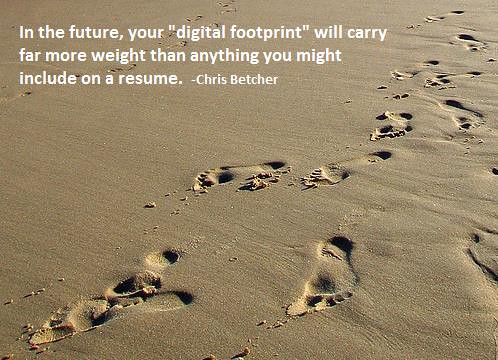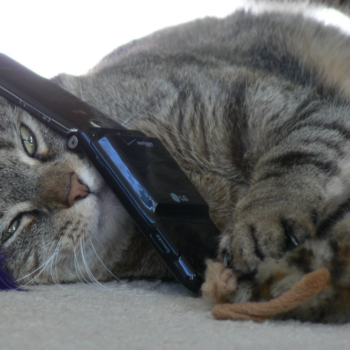What does it mean to own something? It can mean many things, but most people think of it this way: if you bought something, it’s yours. You own it. For the most part, this is true, but there are some aspects of modern life that make this line a bit blurry. For example, do you own something you found on the ground and picked up? Perhaps the most common example we see today is digital media. Digital media can be “owned” in many ways, whether you bought a game on Steam, rented a movie from Amazon Video, or included as part of a monthly fee. But does it really count as owning if you don’t have any tangible proof?
One big issue with ownership of digital media is that in many cases, it can be stripped away from you at any moment. Sure, if you download a song from iTunes, you can keep it until you delete the file, but in the case of movies, for example, it’s a bit different. Most streaming services don’t allow you to download movies, at least not just an .mp4 or .mov file. This means that you have to be connected to the internet to watch movies, even if you’ve bought them instead of just paying a monthly fee. This also means that at any moment, the company can decide to revoke your ability for any reason, often changes in license agreements, pricing, or exclusivity deals. This again raises the question of if you own the digital media you’ve purchased. Often, you really don’t. And in the eyes of the law, that’s perfectly fine. You pay for the right to access the media, not to own it. So if the company takes it off it’s servers, you can’t access it anymore. This, by definition, means you don’t own it, as you have no control over what happens with it. To say you own anything you buy digitally is like saying you own the treadmills in a gym because you have a membership.
There are two common alternatives to this problem. One that is dwindling in popularity is to just buy physical media. This is becoming increasingly difficult as companies make less and less physical copies of their movies, games, and shows, if they even offer that option at all. Unfortunately, for many people, that’s the only option, if for example they don’t have internet or the media is no longer sold digitally. The other, much more controversial option, is piracy. Piracy is defined as “the unauthorized use or reproduction of another’s work.” This basically means making media available for free, usually against the creator and/or distributor’s will. Piracy allows the piece of media to reach many more people than it otherwise could, at the expense of being illegal in many countries.
The big question with piracy isn’t whether or not it is legal, but rather whether or not it is moral. The main argument against this is that it “takes away” money that would otherwise go to the creator(s) of the media being pirated. However, this often is not the case. Most often, when people pirate, it’s because it’s the only way they can experience the media, usually due to not being able to afford it. If they weren’t going to buy it either way, there is no effect on the company or creator’s profits. In fact, it can often help the creator, as many people will pirate a game for example, and later proceed to buy it to access features only possible with a paid version such as cloud saves or multiplayer. Piracy could also, in some cases, be more morally correct than buying it. One relatively recent example is Hogwarts: Legacy. When the game released, many people did not want to buy it as the writer of the books, J.K. Rowling, makes a percentage of the profits. Due to her being known for her aggressive homophobia/transphobia, it’s understandable why many people don’t want their money going towards her. A few days after its release, it got “cracked” which means someone removed the restrictions making the game not redistributable. Thanks to this person (known as Empress online) many people were able to experience the story of the game without giving money to a bad person.
In conclusion, while ownership of physical objects is very simple; pay for it and it’s yours, digital media gets much more complicated. There’s really no way to truly own something digitally, because “buying” it doesn’t always give you the right to access it forever, whenever. So, by this logic, if buying isn’t owning, piracy isn’t stealing.
“Pirates in tawny waters” by ‘J’ Jose Maria Perez Nuñez is licensed under CC BY-NC 2.0.










